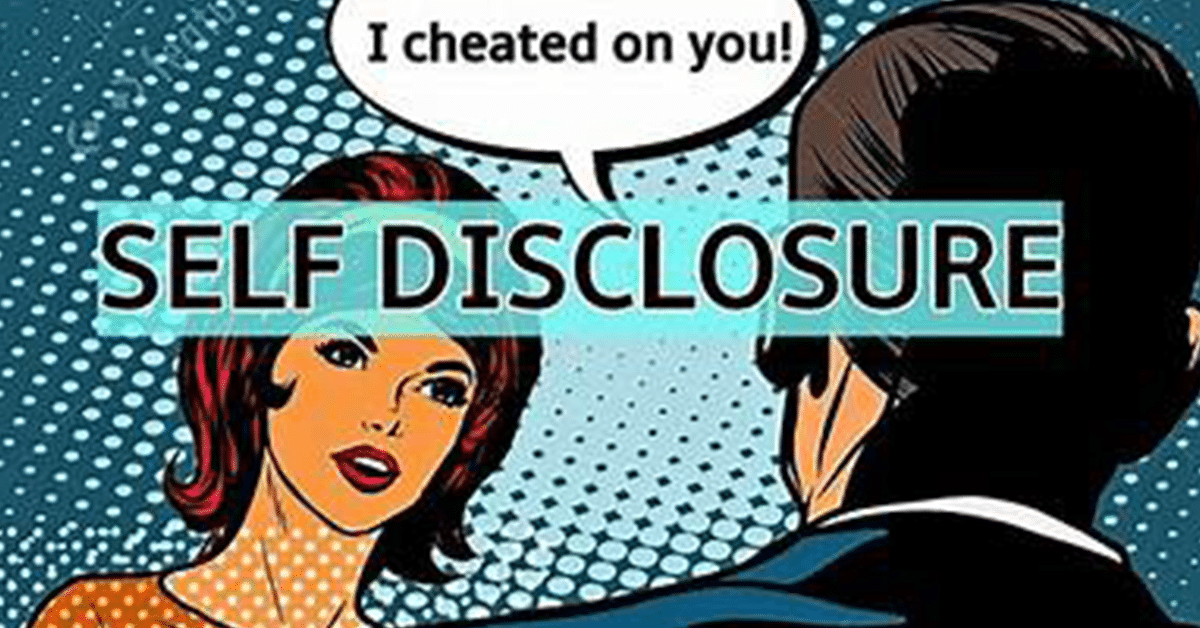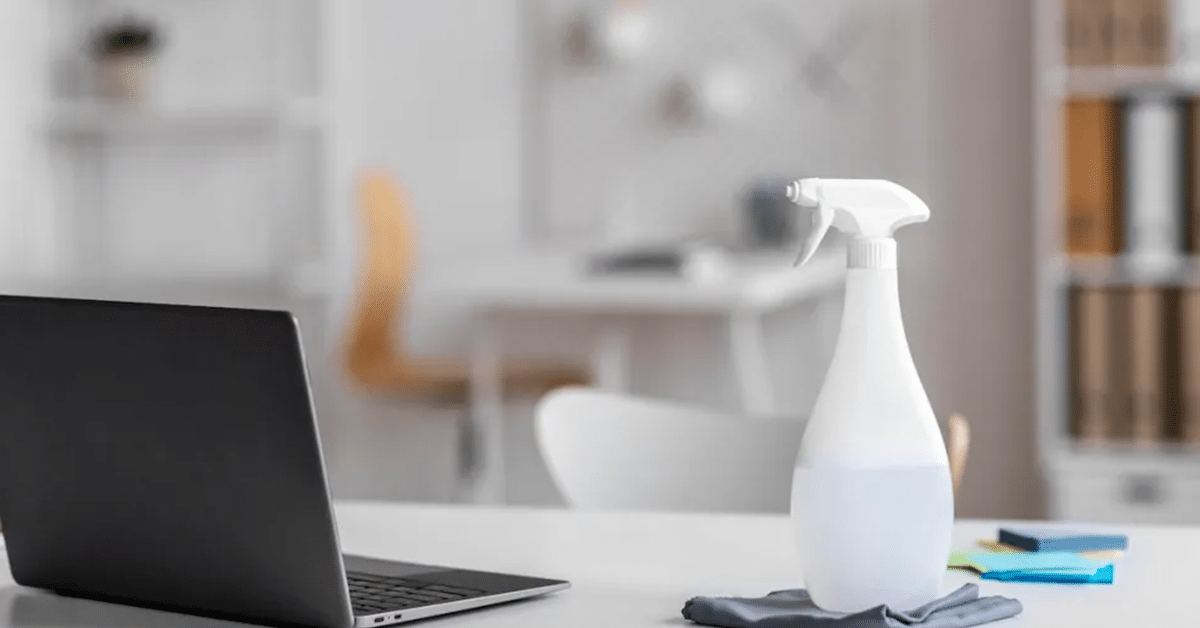A few things were heavily emphasized in my graduate program in my quest to becoming a Licensed Clinical Social Worker. The first is self-care. This was highlighted and discussed at length during my graduate program because (duh) the seasoned pros in this field KNOW that if you don’t care for yourself, you will not make it. The second is boundaries, ethics, dual-relationships, and you guessed it, self-disclosure. And really all of these things fall into the category of boundaries/ethical practice.
I was advised to limit my self-disclosure to clients in all contexts of social work (which casts a pretty wide net). What they didn’t tell me was how impossible that was going to be while doing Mental Health Skill Building, which was my role in my very first job after grad school. For those that may be unfamiliar, MHSB services require the social worker to enter in the homes of their clients and assist with learning and executing daily living skills to maintain independent living in the community. This included keeping their space and themselves clean, taking them grocery shopping and learning how to prepare healthy meals, paying bills on time, attending necessary medical and mental health appointments, socialization and recreation etc. Do you know how difficult it is to spend 6-15 hours/week with one client and NEVER share anything about yourself? Also, do you know how difficult it is to be advising, guiding, assisting, teaching adults how to grocery shop, develop a budget, clean their space, engage in proper hygiene practices, care for their physical and mental health, often in the CLIENT’S personal space and not share anything about yourself? Well, I’ll just tell you: it’s hard! And for me, doesn’t feel completely ‘right.’
In fact, I did find it completely impossible (and unnatural) to be 25 years old and be such a presence in the lives of these adults, so intimately and personally in some ways, and never talk about myself. So, I decided it made more sense to share stories and engage in conversation about things other than the Skill Building goals and tasks I was there to help them navigate. It wasn’t hard to find topics I could talk about for days, but weren’t too intimate at the same time. I first landed on things like music (I mean we were listening to the radio riding around town all day), my dog, movies I’ve seen or enjoy, foods I like (or don’t). This also turned into clients feeling more comfortable to open more about themselves and actually teaching me things, either about their culture, or skills, or preferences, I probably would not have learned or gotten to know about those clients without my open sharing; and often my sharing came first. This led to excellent, respectful relationships with most of my clients during this time. And let me caveat this by saying, I was a young white female working at a community services board for a sizable inner-city community and most of my clients were not the same race or ethnicity as me, the same age as me, or in the same circumstances. Yet, I believe, my vulnerable (yet pointed and well-considered) use of self-disclosure bridged any gap I may have had in connecting with these folks. And many of my clients successfully graduated from services after working with me and maintained their independent living status and continued to manage their mental health in effective ways—and this exactly what we want to see as service providers!
Fast forward to the past 8 years I’ve been providing services through my private practice, and I’ve found self-disclosure is actually a wonderful tool (if skilled in using properly, while holding to professional and necessary boundaries for the client’s and the clinician’s protection) in developing rapport, maintaining rapport, and assisting clients to feel comfortable being really honest about their ‘stuff’ in the therapy space. This last piece is the most important. If clients are not comfortable enough to be honest, vulnerable, and fully disclose their issues, symptoms, or areas of poor functioning, then mental health services, especially psychotherapy, is not going to prove to be very helpful for them. It’s in the honest, raw disclosure of their ‘stuff’ that clients truly find the deeper thing they need to work on, and these clients are the ones I see gain more success and relief from participating in psychotherapy treatment, and their relief lasts longer, takes them farther.
I use self-disclosure in my work with clients likely more than most therapists or mental health providers would be comfortable with, according to our training. However, I have found this to be the “thing” about me as a provider that works with my client-base. I am careful, and I do consider how any disclosure will benefit (or potentially harm) the client before sharing, and I always preface it in session with the words “self-disclosure” so they know this is a more direct, personal share, insight, or suggestion from me to them for their unique and current situation. And let me tell you, my clients are incredibly grateful for the insights and tidbits I do share with them. They often provide feedback about how it has helped them 1) not feel alone in their struggle 2) feel more validated in their emotions, reactions, responses 3) feel hopeful for success or change in their own life or circumstances 4) feel empowered to set boundaries with difficult people in their life and 5) feel seen, heard, and understood. From where I sit, that’s a slam dunk, clinically speaking. Is there anything more we want for clients than to feel seen, understood, validated, hope that they can change or change their circumstances, and to feel connected (safely) to other people (or person, in this case, me, the therapist) while they learn, grow and heal?
I would love to see future curriculum include learning how to ethically and appropriately use self-disclosure as a clinical tool, rather than to advise clinicians to avoid at almost all costs. In addition, it would be cool to see research on the outcomes for clients whose therapist engages in a healthy amount of self-disclosure throughout their episode of care versus outcomes for those clients whose therapist sticks “by the book” and does not engage in much self-disclosure. Maybe some disclaimers are required. My clinical caseload consists of only adults with varying anxiety disorders, substance use and addiction disorders, and relational/betrayal trauma disorders. I’ve found joining with these types of clients specifically improves outcomes for change and wellness. And, like I mentioned before, my clients have expressed explicitly how much the self-disclosure I provide IS the thing that is helpful for them to move past barriers, heal, and become the person they want to be.
I leave you with this: How comfortable are you in sharing part of your mental health journey with clients? Could increased self-disclosure improve rapport/connection that is lacking with certain clients? How do you feel about disclosing things (appropriate and well-thought out things) to your clients?
If you are a MH Professional and you want to learn ways to appropriately offer self-disclosure to your clients, yet you feel uncertain or unclear where and how this could be used appropriately, I can help. I offer Trauma-Informed Consultation for other Mental Health professionals to grow in their clinical skills, in branching out and starting their own private practice, and for any ongoing clinical or business issues they need help sorting through. Reach out to me to schedule a free consult call! www.sarahobrienlcsw.com/consulting
Keep Reading
Want more? Here are some other blog posts you might be interested in.








